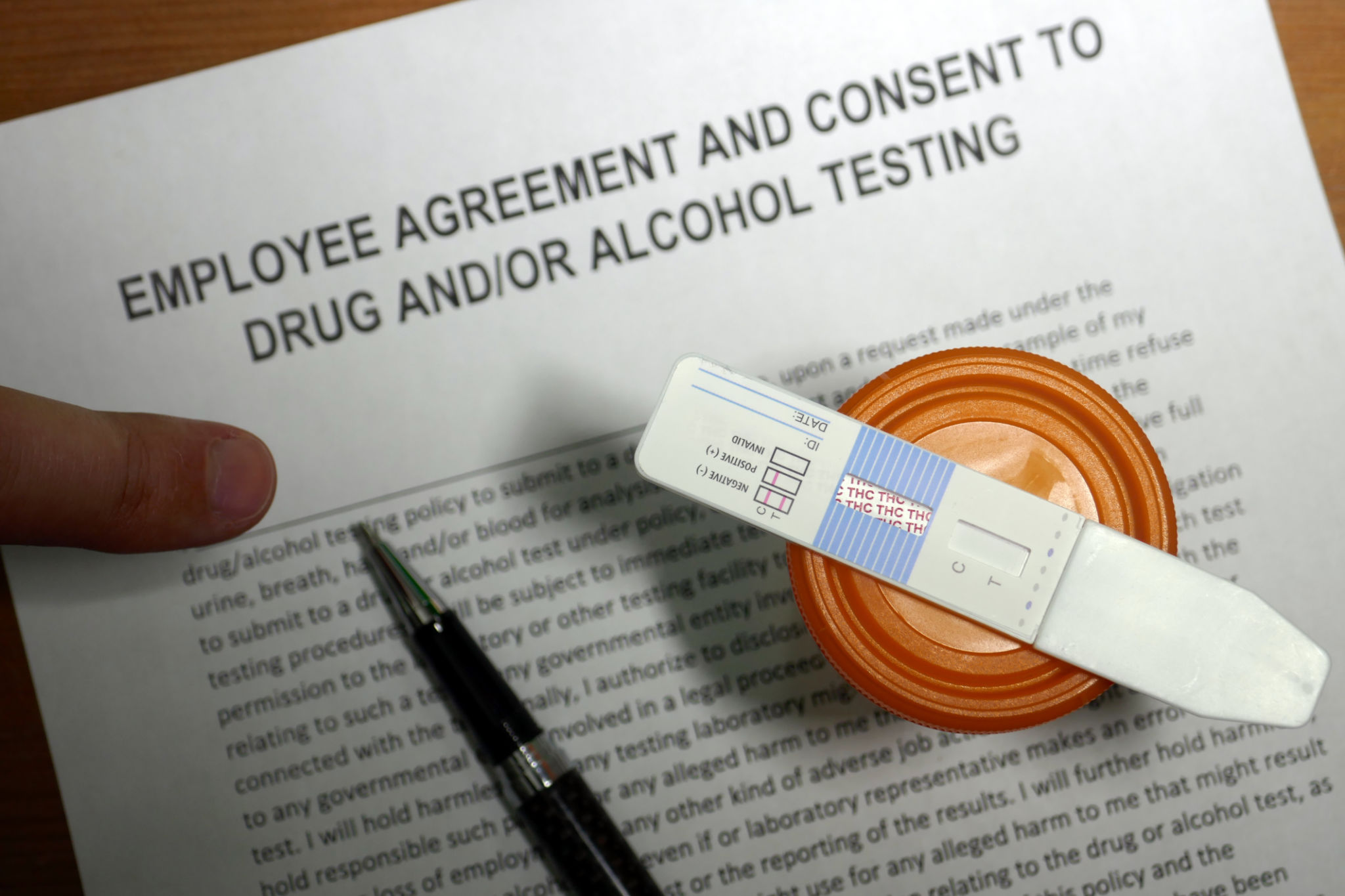Understanding the Legalities of Mobile Drug Testing in the U.S.
Introduction to Mobile Drug Testing
The concept of mobile drug testing has gained significant momentum in recent years, offering a convenient and efficient solution for various industries. This service brings the drug testing process to your doorstep, whether it's a workplace, school, or any event requiring such screenings. However, understanding the legalities surrounding mobile drug testing in the U.S. is crucial to ensure compliance and protect the rights of individuals involved.

The Legal Framework Governing Drug Testing
Mobile drug testing operates under a complex legal framework that varies at the federal and state levels. Federally, the Drug-Free Workplace Act of 1988 is a key piece of legislation that mandates certain federal contractors and grantees to maintain a drug-free workplace. It provides guidelines on implementing drug testing policies effectively.
At the state level, laws can differ significantly. Some states have specific regulations regarding how and when drug tests can be conducted, who can be tested, and the types of substances that can be screened. Employers must be aware of these state-specific laws to ensure their mobile drug testing programs are compliant.
Rights and Responsibilities of Employers
Employers utilizing mobile drug testing services must balance their responsibility to maintain a safe working environment with the rights of their employees. It's essential to have a clear, written policy that outlines the procedures and consequences of drug testing. This policy should be communicated to all employees before any testing takes place.
Additionally, employers should ensure that their testing programs are consistent and non-discriminatory. Random tests must be truly random, and reasonable suspicion tests should be based on documented behaviors or incidents rather than assumptions or stereotypes.

Employee Privacy Considerations
Employee privacy is a critical consideration in mobile drug testing. Testing must be conducted in a manner that respects individual privacy and dignity. This includes using certified laboratories and ensuring that test results are kept confidential and only shared with authorized personnel.
Moreover, employees should have access to the results and the opportunity to challenge or explain positive findings. Providing a clear process for addressing disputes or errors in testing can help mitigate potential legal issues.
Substances Commonly Tested
The substances tested in mobile drug testing programs typically include a range of commonly abused drugs. These can include:
- Marijuana
- Cocaine
- Opiates
- Amphetamines
- Methamphetamines
The specific panel of drugs tested can vary depending on the requirements of the employer or the governing regulations in their state.

Challenges and Legal Risks
While mobile drug testing offers many benefits, it also presents certain challenges and legal risks. Employers must carefully consider issues related to consent, particularly in states where marijuana is legal for medical or recreational use. Testing positive for marijuana might not necessarily indicate impairment at work, which can complicate disciplinary actions.
Furthermore, failing to adhere to legal standards can lead to lawsuits or penalties. Employers need to stay informed about changing laws and seek legal counsel when necessary to navigate these complexities effectively.
Conclusion: Staying Compliant and Informed
The legal landscape surrounding mobile drug testing in the U.S. is intricate and continuously evolving. Employers must remain vigilant and proactive in understanding both federal and state regulations to implement compliant and fair drug testing programs.
By prioritizing employee rights and privacy while maintaining a safe workplace, businesses can leverage the benefits of mobile drug testing without facing unnecessary legal challenges.